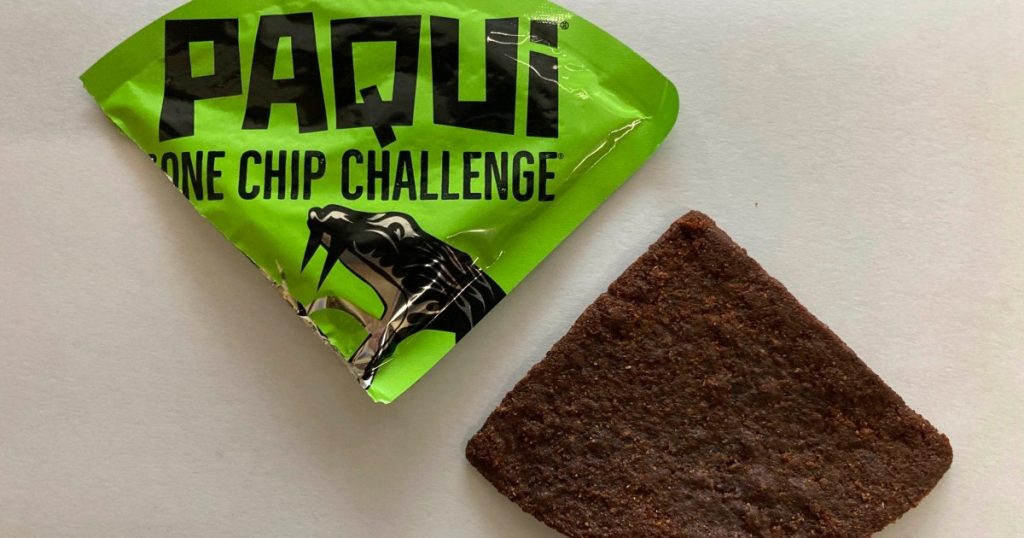A Massachusetts teenager, Harris Wolobah, died after participating in a spicy tortilla chip challenge that involved consuming a large quantity of chile pepper extract. Autopsy results revealed that Harris had a congenital heart defect, specifically cardiomegaly and a myocardial bridge in his coronary artery, which may have made him more susceptible to the negative effects of the capsaicin in the chip. Despite this underlying risk factor, even individuals without pre-existing conditions can experience serious heart problems from ingesting large amounts of capsaicin.
The chip that Harris consumed came with a warning label indicating that it was intended for adult consumption only and should be kept away from children. Despite this warning, teenagers across the country had been taking part in the challenge, with some requiring medical attention after adverse reactions. The trend of spicy food challenges, fueled by social media videos showcasing individuals eating extremely hot products and reacting to the heat, has become increasingly popular in recent years.
Spicy food challenges have a long-standing history, from chile pepper eating contests to restaurant challenges involving extremely hot dishes. Social media has played a significant role in amplifying these challenges, with videos of people participating in the challenges attracting attention online. Some restaurants even offer spicy wing challenges where patrons must consume a certain amount of wings doused in hot sauce within a limited time frame without drinking water or eating other food.
Harris’ death prompted warnings from Massachusetts authorities and physicians about the potential dangers of consuming excessively spicy foods. Poison control centers have also issued warnings about the concentrated amounts of capsaicin in these products, which can lead to allergic reactions, breathing difficulties, irregular heartbeats, and even heart attacks or strokes. The phenomenon of extreme spicy challenges created solely for the purpose of internet fame has been a growing trend, with individuals seeking to showcase their tolerance for heat and willingness to take risks.
The autopsy results revealed that Harris died from cardiopulmonary arrest following the ingestion of the chile pepper extract, with his heart defect likely playing a role in the tragic outcome. The official cause of death was determined to be the interaction between the capsaicin and Harris’ underlying heart condition, highlighting the potential risks associated with consuming large quantities of extremely hot substances. While spicy food challenges may seem like harmless fun, they can have serious and unintended consequences, particularly for individuals with underlying health issues.
The tragic death of Harris Wolobah underscored the potential dangers of participating in extreme spicy food challenges, especially for individuals with underlying health conditions. The incident led to increased awareness about the risks associated with consuming large amounts of capsaicin and prompted warnings from health authorities and medical professionals. It serves as a reminder that while spicy food challenges may be popular on social media, they can have serious health implications and should be approached with caution.


